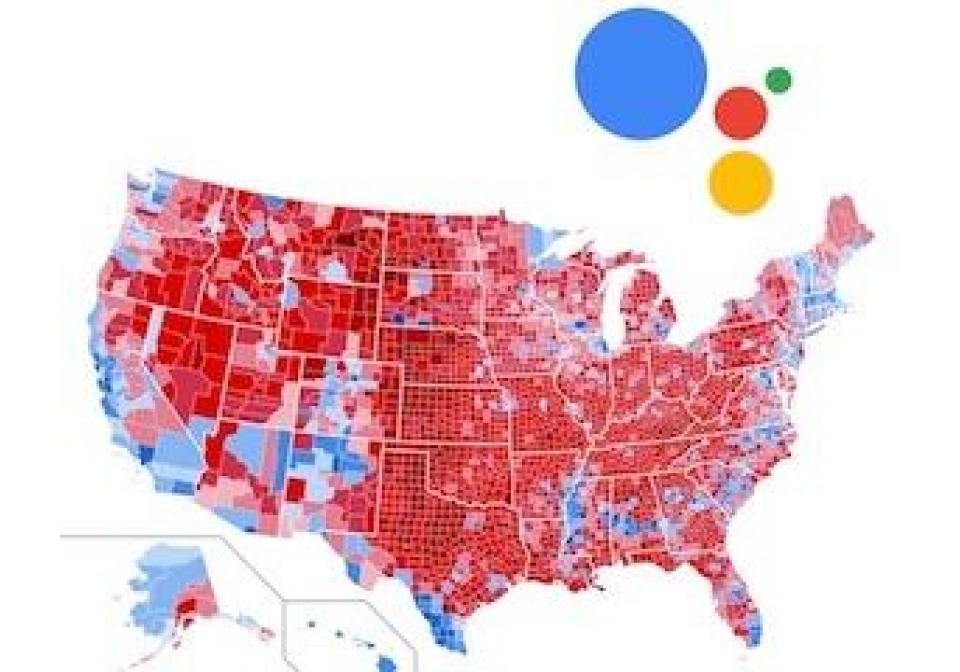|
|||||
| Concern about algorithmically-curated content and its impact on democracy is reaching a fever pitch worldwide. But relative to the role of social media in electoral processes, the role of search results has received less public attention. We develop a theoretical conceptualization of search results as a form of media—search media—and analyze search media in the context of political partisanship in the six months leading up to the 2018 U.S. midterm elections. Our empirical analyses use a total of over 4 million URLs, scraped daily from Google search queries for all candidates running for federal office in the United States in 2018. In our first set of analyses we characterize the nature of search media from the data collected in terms of the types of URLs present and the stability of search results over time. In our second, we annotate URLs’ top-level domains with existing measures of political partisanship, examining trends by incumbency, election outcome, and other election characteristics. Among other findings, we note that partisanship trends in search media are largely similar for content about candidates from the two major political parties, whereas there are substantial differences in search media for incumbent versus challenger candidates. This work suggests that longitudinal, systematic audits of search media can reflect real-world political trends. We conclude with implications for web search designers and consumers of political content online. |
|||||
